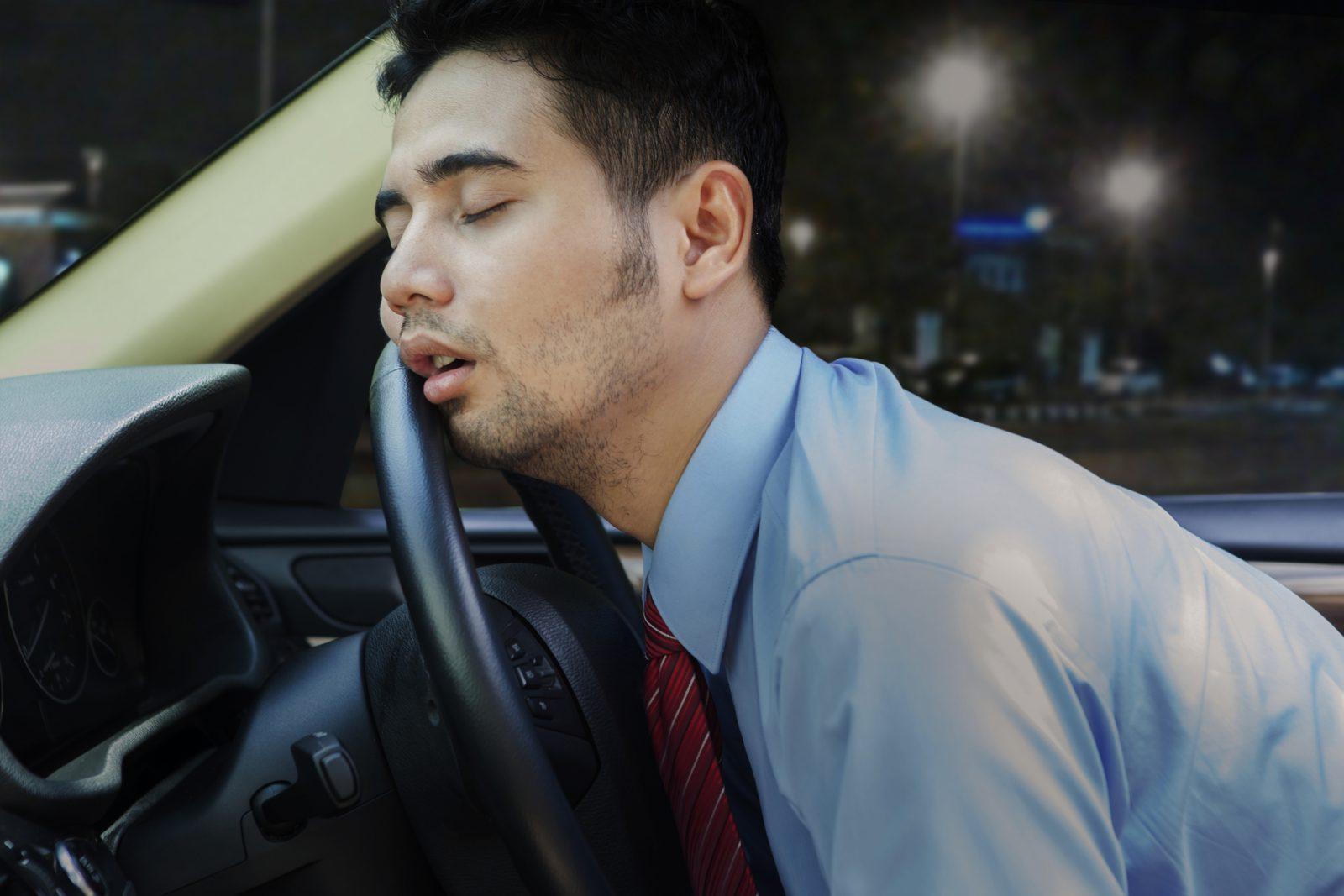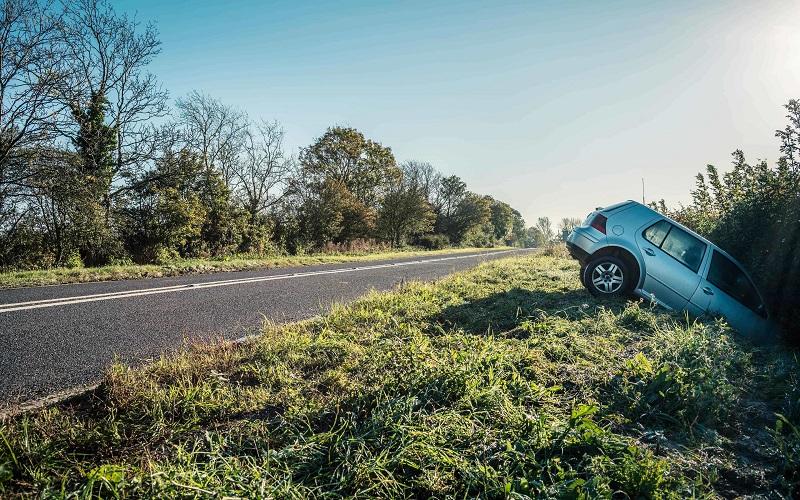Drunk driving is extremely dangerous, there’s no denying the fact. Drowsy driving, on the other hand, does not sound too serious. But, it can be as dangerous as driving under influence (DUI). The truth is both drowsy driving vs drunk driving can be deadly in terms of injury, damage, and death rate.
Contents
Sleep vs. Alcohol
You can’t put these two things in the same group. However, they have a lot in common when it comes to driving. The legal limit for driving under influence is 0.08 BAC (blood alcohol content). However, having no sleep in 24 hours is equal to having a BAC of 0.10. Scary, right?

Having alcohol and lack of sleep can draw the same responses – delayed reaction time, impaired memory, and inability to process information. Just one of these things is enough for an accident, and all of them together is a recipe for disaster.
So, both drowsy driving vs drunk driving can not only put the driver in danger but also everyone else on the road.
Comparison between Drowsy Driving and Drunk Driving
Let’s find out the parameters for calling a driver drunk and drowsy.
Drunk Driving
You have to have 0.08 or more BAC to be considered as a drunk driver. It does not matter how many shots you have taken because getting drunk depends on age, gender, and health conditions. The type of drinks also plays a role because the level of alcohol varies in different drinks.
Drunk driving is the reason for almost one-third of all the traffic deaths in the United States. More than a million of drivers get arrested each year for DUI.
SEE MORE:
Drowsy Driving
Unlike drunk driving, drowsy driving is not a crime, but it is equally fatal. Over 100,000 road accidents each year occur because of this problem, according to the National Highway Traffic Safety Administration (NHTSA).
People having sleep disorders or lack a proper night’s rest are prone to fall asleep at the wheel.
Which is Worse? Drunk or Drowsy Driving
Both are equally precarious since both the conditions double the possibility of car accidents. In fact, sleepy driving is riskier in the sense that there’s nothing to determine whether the driver is feeling sleep behind the wheel. You get into the car after three hours of sleep at night, thinking that you can make it by taking two or three cups of coffee. However, the truth is you won’t even know when you will nod off from frequent yawning.

A new study from the American Automobile Association (AAA) finds that those who don’t get seven hours of sleep at night pose a greater risk of crashing on the road. It’s surprising that missing just one or two hours of sleep doubles the risk of a crash while it increases to almost 400% when you skip sleep for two to three hours!
The same study states that the possibility of a driver who gets just four to five hours of sleep at night to cause a road accident is similar to the one who has blood alcohol limit is equal or slightly above the legal limit.
The Final Words
The discussion above suggests that both drowsy driving vs drunk driving are dangerous for driving. However, you should know that alcohol affects a sleep-deprived person more than someone who is well-rested.



